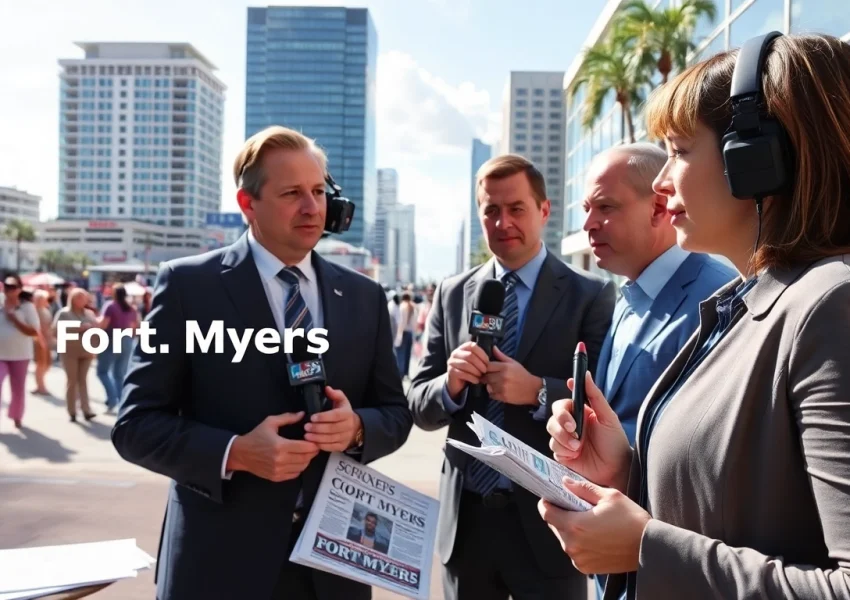Understanding the Role of a Purchasing Consultant
In today’s fast-paced business environment, the efficiency of purchasing processes can make a significant difference in a company’s overall performance. A purchasing consultant is an expert who helps businesses navigate the complexities of procurement, ensuring they acquire the right goods and services at the best prices. By leveraging industry knowledge and negotiation skills, purchasing consultants facilitate better purchasing decisions, streamline processes, and foster beneficial vendor relationships.
What Does a Purchasing Consultant Do?
A purchasing consultant’s primary role is to assist organizations in optimizing their procurement strategies. This involves a variety of responsibilities, including:
- Conducting Market Research: They analyze market trends and industry conditions to provide insights into pricing, quality, and supplier reliability.
- Developing Procurement Strategies: Working closely with businesses, they develop tailored purchasing strategies that align with organizational goals.
- Supplier Negotiations: One of the most critical tasks is negotiating with suppliers to secure favorable contracts and maintain cost-efficiency.
- Risk Management: Identifying potential risks in the supply chain and developing contingency plans is a vital function that ensures stability and continuity.
- Training and Workshops: They may conduct training sessions to enhance the skills of internal procurement teams.
Key Skills and Qualifications
To excel as a purchasing consultant, certain skills and qualifications are essential:
- Strong Analytical Skills: Ability to assess and interpret data to make informed purchasing decisions.
- Negotiation and Communication Skills: Proficiency in negotiations, requiring clear articulation and persuasive communication.
- Industry Knowledge: Familiarity with market conditions, supplier landscapes, and product specifications related to the business sectors they serve.
- Project Management: Adept at managing multiple procurement projects simultaneously while ensuring timely delivery.
- Financial Acumen: Understanding costing structures and financial implications of procurement decisions is vital for maximizing value.
The Importance of the Purchasing Consultant in Business
Purchasing consultants play a critical role in driving organizational success. Their expertise helps companies reduce costs, improve efficiency, and develop sustainable practices. A well-structured purchasing strategy can not only enhance profit margins but can also contribute to stronger supplier relations and increased customer satisfaction. In an era where every penny counts, having a purchasing consultant can mean the difference between competitive advantage and operational challenges.
Benefits of Hiring a Purchasing Consultant
Cost Savings Through Expert Negotiation
One of the most compelling reasons businesses engage purchasing consultants is the potential for significant cost savings. Consultants leverage their expertise to negotiate better contracts with suppliers, often leading to:
- Lower Prices: By understanding market value, they can negotiate terms that reduce procurement costs directly.
- Better Payment Terms: Consultants often negotiate more favorable payment terms, improving cash flow for the business.
- Bulk Purchasing Discounts: They utilize their knowledge of supplier relationships to secure discounts based on bulk purchasing strategies.
Enhanced Supplier Relationships for Better Outcomes
Building strong relationships with suppliers is crucial for long-term business success. Purchasing consultants help cultivate these relationships through:
- Open Communication: Promoting transparency and open lines of communication between business and suppliers.
- Regular Evaluations: Conducting performance reviews of suppliers to identify areas for improvement and build trust.
- Conflict Resolution: Acting as mediators to resolve disputes gracefully and maintain positive partnerships.
Streamlined Processes and Operational Efficiency
In addition to cost savings, purchasing consultants streamline procurement processes. They evaluate existing procedures, identify bottlenecks, and implement best practices that enhance operational efficiency, including:
- Automation: Implementing software solutions to automate repetitive tasks, reducing manual error and saving time.
- Process Mapping: Creating clear mappings of procurement processes to identify inefficiencies and redundancies.
- Standardization: Establishing standardized procedures for procurement to ensure consistency and compliance across the organization.
Selecting the Right Purchasing Consultant
Evaluating Experience and Success Stories
When choosing a purchasing consultant, it’s crucial to evaluate their background and track record. Consider their previous assignments, sectors they have worked in, and measurable results achieved. Success stories highlight their ability to handle similar challenges and generate value for organizations.
Questions to Ask Before Hiring
Asking the right questions will help you gauge whether a purchasing consultant is a good fit for your organization. Some essential questions include:
- What previous experience do you have in our industry?
- Can you provide case studies or references from past clients?
- What approach do you take toward supplier negotiations?
- How do you measure the success of your strategies?
Understanding Their Approach to Purchasing
A consultant’s approach to purchasing can vary significantly. Some may focus solely on cost reduction while others prioritize quality and relationship management. Understanding their methodology and how it aligns with your organization’s goals is vital for ensuring a successful partnership.
Common Challenges in Purchasing that Consultants Address
Navigating Supply Chain Disruptions
In recent years, supply chain disruptions have become a common issue due to various factors such as global pandemics, geopolitical tensions, and natural disasters. Purchasing consultants help organizations develop contingency plans and diversify their supplier base to mitigate risks associated with such disruptions.
Managing Budget Constraints Effectively
Many businesses face tight budgets that challenge their procurement efforts. A purchasing consultant can assist in optimizing purchasing strategies, ensuring that expenditures are aligned with organizational needs while still adhering to budget constraints through effective prioritization and resource allocation.
Ensuring Compliance and Ethical Sourcing
As sustainability and corporate social responsibility gain importance in procurement, hiring a purchasing consultant can help businesses ensure compliance with ethical sourcing standards. They provide insights into best practices for sustainable procurement and assist firms in auditing suppliers’ practices to ensure adherence to ethical standards.
Measuring the Impact of a Purchasing Consultant
Key Performance Indicators to Track
To assess the effectiveness of a purchasing consultant, it’s crucial to track Key Performance Indicators (KPIs) that align with procurement goals. Common KPIs include:
- Cost Savings Achieved: Measuring actual savings as a result of the consultant’s strategies.
- Supplier Performance Metrics: Evaluating supplier reliability and quality.
- TIMELINESS: Tracking on-time delivery rates and lead times.
- Process Efficiency: Evaluating improvements in procurement processing times and cycle times.
Evaluating Long-term Business Relationships
Measuring the long-term impact of a purchasing consultant goes beyond immediate savings. Analyzing the durability of supplier relationships, the consistency of procurement processes, and overall employee satisfaction can provide insight into the effectiveness of the consultant’s engagement.
Case Studies of Successful Consultant Engagements
Engagement case studies can provide compelling evidence of a purchasing consultant’s effectiveness. These cases should outline the challenges faced by businesses, strategies implemented by the consultants, and measurable outcomes resulting from their solutions. Positive case studies not only serve as endorsements but also offer valuable lessons for prospective clients.




